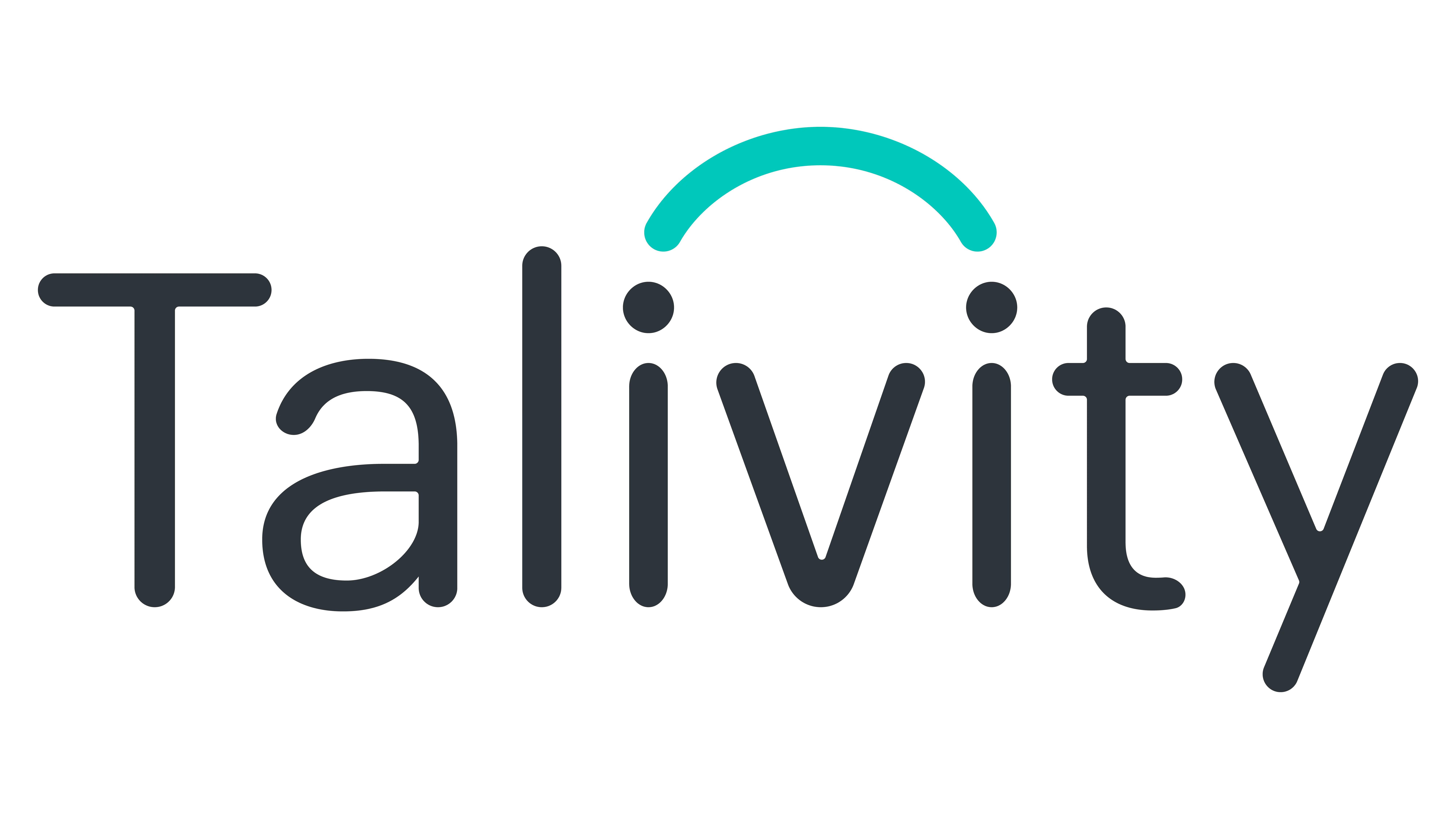Find the right solution for your business.
Explore SolutionsThe job application process is often a challenging one, laden with obstacles that can frustrate and demotivate candidates. In today’s competitive job market, understanding these frustrations is critical for companies seeking to attract and retain top talent.
It’s crucial to unravel the complexities of the recruitment process from a candidate’s perspective. Let’s highlight key areas for improvement and offer insights for a more streamlined and empathetic approach.
The Candidate Experience Conundrum
The candidate experience is a critical yet often overlooked aspect of the recruitment process. From the depersonalizing effects of technology to the common frustrations over inadequate feedback and the invaluable insights of industry experts, candidates face multiple challenges when going through the hiring process.
While technology has streamlined many aspects of recruitment, it often removes the personal touch essential in the early stages of the hiring process. When you rely on technology too much, you can run the risk of seeming impersonal and uncaring. Dictating interview times without considering candidates’ schedules can be seen as inconsiderate and may deter potential hires.
In addition, another common grievance is the lack of constructive feedback following interviews, leaving candidates without insights into their performance or areas for improvement. Industry experts stress the importance of empathy and effective communication, noting that these factors significantly impact a candidate’s perception of the company.
While you cannot give every candidate the job, you can give every candidate a positive experience with your company’s hiring process, which will build overall brand image.
Why Candidates Are Leaving Your Job Application Process
Understanding why candidates opt to step out of the job application process is as crucial as attracting them in the first place. Despite the efforts put into sourcing and engaging potential hires, many organizations find themselves facing a perplexing challenge—candidates dropping out of their hiring pipeline.
Many candidates lose interest due to the lengthy duration of the hiring process. Extended waiting periods for feedback or decisions can discourage even the most patient applicants. Lack of clear and timely communication contributes significantly to candidate dropout. Vague status updates or no communication at all leaves candidates feeling undervalued.
Stories abound of candidates enduring rounds of interviews and assessments, only to be met with silence or generic rejections, contributing to a sense of frustration and disillusionment.
What Makes Recruitment More Difficult?
Recruitment is a critical function in any organization, yet it is laden with inherent challenges that can impede the process of acquiring top talent.
Recruiters often grapple with the high volume of applicants, trying to identify the best fit for the role while ensuring a positive and fair experience for all candidates. The challenge lies in managing an efficient recruitment process without compromising on the quality of interaction and assessment.
A Recruiter’s Perspective: What Annoys You?
Now we turn the lens towards recruiters to understand the challenges they face within the recruitment framework. Recruiters, often caught between internal organizational pressures and the need to provide a human experience to candidates, have their own unique set of frustrations to contend with.Recruiters express irritation surrounding internal pressures and constraints, which can sometimes lead to suboptimal interactions with candidates. Using outdated or inefficient systems can lead to both recruiter AND candidate frustration.
Finding the balance between an efficient process and maintaining a human connection is a constant struggle in recruitment, especially with the advancements in technology that can make that human touch a bit more difficult to maintain.
The Modern Recruitment Landscape
As we delve deeper into the intricacies of recruitment practices, we must address key issues that are reshaping today’s landscape. The prevalence of salary secrecy, discrepancies in job descriptions and the challenges posed by overwhelming job expectations collectively influence both the efficiency of the recruitment process and the quality of the candidate experience.A lack of transparency regarding compensation and benefits is a major turn-off for candidates, often leading to disappointment and withdrawal. Unrealistic or unclear job descriptions set false expectations, leading to a mismatch between candidate abilities and job requirements.
Many candidates report feeling that the role is combining two or three jobs into one—a surefire way to make them feel wary about applying. Overloaded job requirements can intimidate or mislead candidates about the scope of the role.
Improving the Job Application Process: Practical Solutions
There are a few practical strategies aimed at refining the hiring process. Following these rules can significantly enhance the overall candidate experience and keep applicants engaged throughout their recruitment journey.
- Streamlining Applications: Simplifying the application process to avoid long lead times, redundancy and excessive demands can enhance the candidate experience. If you ask them to upload a resume or CV, don’t make them re-type their entire work history into different fields. Ensure your job descriptions clearly define the scope of the role.
- Effective Communication: Keep candidates in the loop. Regular updates and clear communication throughout the process are essential for keeping job seekers engaged and informed. Be sure that your job postings are clear and be as transparent as possible regarding salary and benefits.
- Personal Interaction: Candidates value face-to-face interactions, which are often missing in today’s tech-driven recruitment processes. Don’t let technology take over the human aspects of recruitment. The job search is stressful enough–with just a bit of human touch, you can leave a lasting positive impression.
- Understanding Candidates’ Needs: Tailoring the recruitment approach to address candidates’ individual concerns and expectations can significantly improve their experience.
The job application process is a complex journey that requires a nuanced understanding of candidate frustrations and expectations. By fostering an environment of clear communication, empathy, and respect, companies can enhance the candidate experience, leading to more successful hires and a stronger employer brand. Balancing efficiency with a personal touch is key to navigating the intricate maze of modern recruitment.


